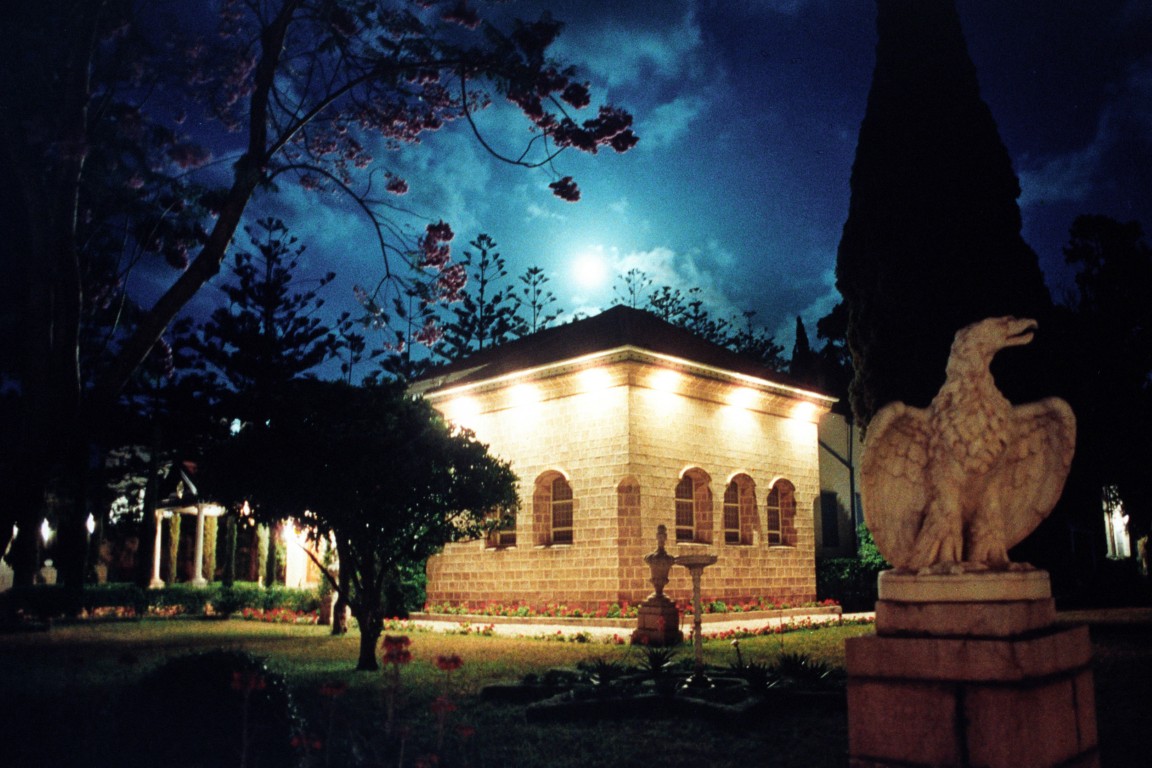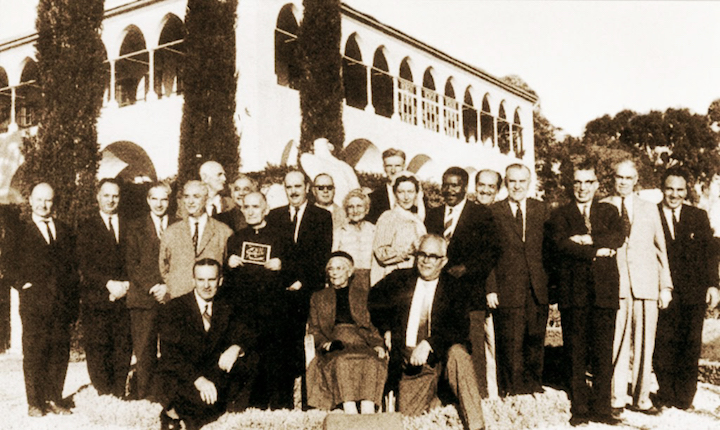
Tajalliyat – Radiant Lights and the Spirit of Truth
 Tajalliyat is a work written by Bahá’u’lláh to one of his followers. It starts with a preamble in Arabic and then switches to Persian so that the Persian people may “become aware of the utterances of the Merciful Lord” and “discover the truth”. We have seen that the question of language is one which arises repeatedly in Bahá’u’lláh’s writings. Bahá’u’lláh counsels the adoption of a world language. Moreover, when asked about language preference Bahá’u’lláh focusses on the purposes of language as a vehicle for effective communication.
Tajalliyat is a work written by Bahá’u’lláh to one of his followers. It starts with a preamble in Arabic and then switches to Persian so that the Persian people may “become aware of the utterances of the Merciful Lord” and “discover the truth”. We have seen that the question of language is one which arises repeatedly in Bahá’u’lláh’s writings. Bahá’u’lláh counsels the adoption of a world language. Moreover, when asked about language preference Bahá’u’lláh focusses on the purposes of language as a vehicle for effective communication.
Also in Tajalliyat, Bahá’u’lláh summarises the objections the “people of tyranny” have made to him:
Some of them say: “He hath laid claim to divinity”; others say: “He hath devised a lie against God”; still others say: “He is come to foment sedition.” Base and wretched are they. Lo! They are, in truth, enslaved to idle imaginings.[1]
Against this background, Bahá’u’lláh sets out four principles under the heading “Tajalliyat” a plural word – which is translated into English as “Effulgences”. Effulgent means something like brilliant or radiant.
The first Tajalli begins as follows:
The first Tajallí which hath dawned from the Daystar of Truth is the knowledge of God—exalted be His glory. And the knowledge of the King of everlasting days can in no wise be attained save by recognizing Him Who is the Bearer of the Most Great Name.[2]
The “Most Great Name” is a reference to Bahá’u’lláh himself. Here we see a concept similar to that expressed in the Gospels.
Lord,” said Thomas, “we do not know where You are going, so how can we know the way?” Jesus answered, “I am the way and the truth and the life. No one comes to the Father except through Me. If you had known Me, you would know My Father as well.[John 14:5-7]
This Gospel teaching has often been understood as supporting a claim to exclusive and final religious truth. Notably, Bahá’u’lláh does not teach exclusivity or finality of any particular religion – rather he teaches the oneness and progressive character of religion. The concept expressed in the first Tajalli reminds us of the Biblical passage, but we may also note that it is complemented by Bahá’u’lláh’s extensive discussion of the nature of the Manifestation (messenger) of God. At one level the Manifestations are identical to each other. At another, they each have a “specific mission”. In this context, the “only way” perhaps has two dimensions. “Only way” in that the primary way we know God is only through the Manifestations. They are like “mirrors” of God in this world (a concept that can also be discerned in this part of the Gospel of John). “Only way” in the sense that each Manifestation brings that which addresses the particular needs of humanity in their time: their particular mission. It is interesting to note that the broader context of the Biblical passage cited above can be understood as alluding to the coming of subsequent Manifestations. For example, the “Spirit of Truth” appears shortly after in the Gospel. Bahá’u’lláh explicitly states that he is “the Spirit of Truth”.[3][4]
But when the Comforter is come, whom I will send unto you from the Father, even the Spirit of truth, which proceedeth from the Father, he shall testify of me.[King James Version, John 15:26-17]
In Gems of Divine Mysteries, Bahá’u’lláh discusses overly literal interpretations of such passages and the religious barriers they have created between different communities.[5]
(This article is the 160th in a series of what I hope will be 200 articles in 200 days for the 200th anniversary of the birth of Bahá’u’lláh. The anniversary is being celebrated around the world on 21 and 22 October 2017, The articles are simply my personal reflections on Bahá’u’lláh’s life and work. Any errors or inadequacies in these articles are solely my responsibility.)
Image Credits: https://commons.wikimedia.org/w/index.php?curid=1390087







